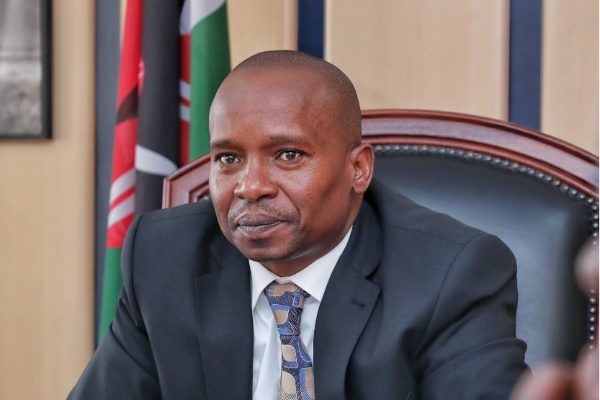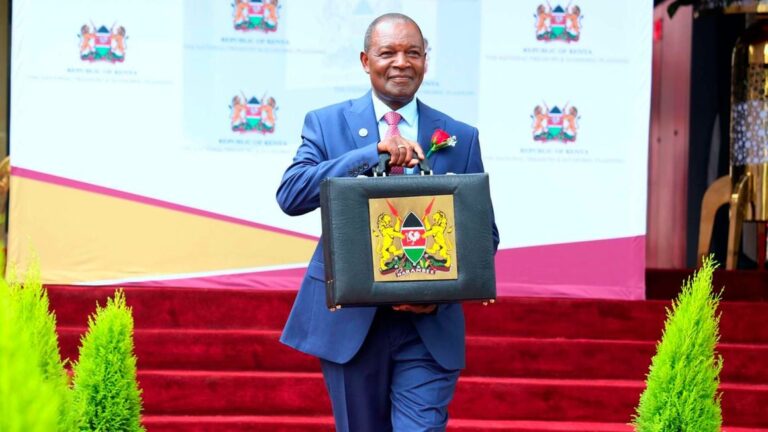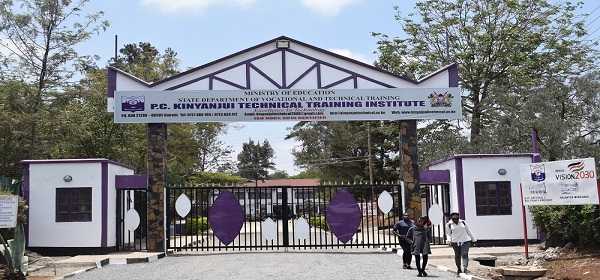Share this post:

Nairobi, Kenya – The Kenyan government has proposed an increase in its budget allocation for the 2024/25 financial year, with a strong focus on Technical and Vocational Education and Training (TVET). Treasury Cabinet Secretary Njuguna Ndung’u revealed a proposed budget of Sh656.6 billion for the education sector, marking a Sh28 billion increase from the previous year’s allocation and comprising 27.6% of the total budget expenditure.
Strategic Investment in TVET
Under the proposed budget, TVET institutions are set to receive Sh30.7 billion. This allocation highlights the government’s intention to bolster vocational education, crucial for providing students with practical skills suited to the job market. Additionally, Sh2.3 billion has been earmarked for the construction and procurement of training materials for TVET institutions, aiming to enhance both the infrastructure and the quality of vocational training.
Moreover, the Higher Education Loans Board (Helb) is allocated Sh35.9 billion for university and TVET students, with Sh7.7 billion specifically for TVET scholarships and capitation. This financial support aims to make vocational training more accessible and affordable across the country.
Enhancing Basic and Higher Education
The proposed budget also seeks to enhance basic and higher education. The Teachers Service Commission (TSC) is set to receive Sh358.2 billion, with Sh13.4 billion allocated to convert 46,000 Junior Secondary School (JSS) intern teachers to permanent and pensionable terms. This measure addresses recent strikes by JSS intern teachers over employment terms and aims to provide job security and motivation for educators.
Basic education is allocated Sh142.3 billion, including Sh9.1 billion for free primary education and Sh61.9 billion for free day secondary education. Junior Secondary Schools will benefit from Sh30.7 billion for capitation. The Kenya National Examination Council is set to receive Sh5 billion to waive exam fees, reducing financial burdens on students and their families.
Strengthening Higher Education and Research
Higher education and research sectors are allocated Sh128 billion in the proposed budget. This includes Sh1.1 billion for research, science, and technology innovation, reflecting the government’s dedication to fostering a knowledge-based economy. Additionally, Sh1.8 billion is proposed for the construction of integrated resource centres for learning.
Advancing Digital Literacy and ICT Integration
To enhance digital skills among students, Sh360 million is allocated for the Digital Literacy Program and ICT integration in secondary schools. This initiative aims to prepare students with essential digital competencies, enhancing their competitiveness in the global job market.
Infrastructure Development
The budget also proposes Sh3.2 billion for infrastructure development in both primary and secondary schools. This investment is aimed at improving the learning environment for students and teachers alike.
Public Opposition and Economic Concerns
Despite the substantial allocations for education, the overall proposed budget has met with significant public opposition due to new tax proposals. An Infotrak Research poll conducted between May 25 and May 29, 2024, indicates that 80% of Kenyans oppose new taxes on bread, cooking oil, financial services, motor vehicles, and environmentally unfriendly products. The poll further reveals that 63% of Kenyans believe the country is headed in the wrong direction, citing high living costs and unemployment as major concerns.
Regional awareness of the Finance Bill 2024 varies, with Central Region highest at 62% and Eastern Region lowest at 41%. Dissatisfaction with high taxes and living costs is notably strong in Nairobi (74%), Eastern (69%), and Nyanza (68%).
The proposed budget reflects the Kenyan government’s commitment to education as a cornerstone of national development. By significantly increasing funding for TVET and other educational sectors, the government aims to provide equitable and quality education, equipping students with the skills and knowledge needed for Kenya’s socio-economic growth. However, the public’s strong opposition to new taxes and concerns about high living costs and unemployment present significant challenges. As the budget awaits parliamentary approval, the broader economic implications and public sentiment remain critical factors to watch.





